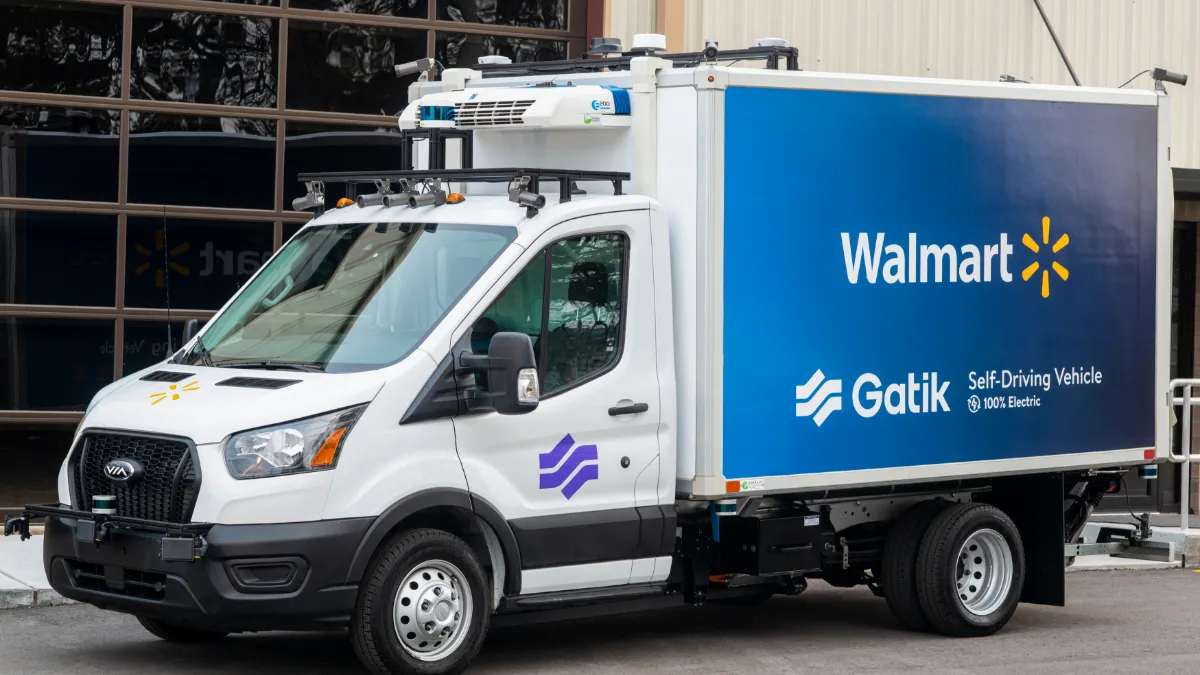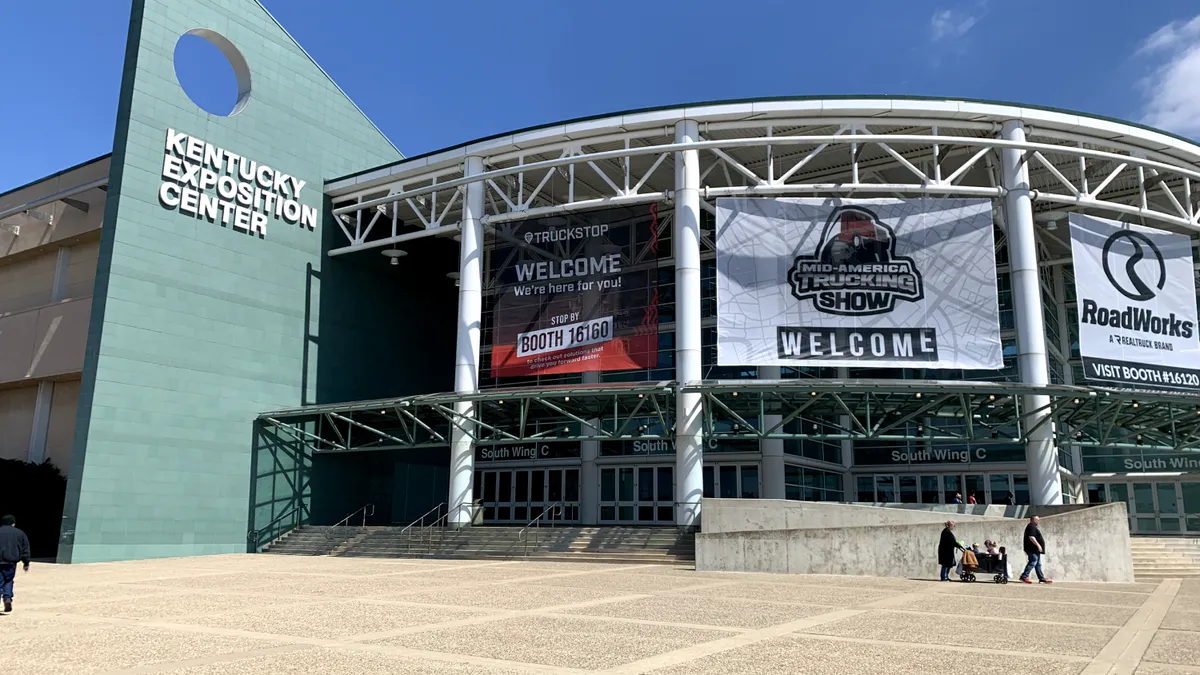States are increasingly looking to pass legislation that allows autonomous vehicles to fill logistics gaps in the supply chain.
In March, Kansas Governor Laura Kelly signed into law Senate Bill 313, allowing the deployment of fully autonomous vehicles on the state’s roadways. Kansas joins roughly 38 of the nation’s states with similar laws on the books, some allowing for full deployment of AVs while others allow only for initial testing, according to the Governors Highway Safety Association.
The legislation permits autonomous heavy trucks up to 34,000 pounds to operate on public roads. This means that most loaded Class 8 trucks are not included under the new law, a provision that will be reconsidered after June 2025.
Companies have been eager to showcase the safety of autonomous trucking technology through publicized on-road testing, such as Embark Trucks’ driving test on winter road conditions.
“One piece is the fact that AV trucks have extensive safety validation,” said Richard Bishop, founder of Maryland-based Bishop Consulting. “The major players have been extremely thorough in their research and the safety records are excellent.”
Industry stakeholders also hope that autonomous vehicles can help eliminate some of the human error involved in vehicle crashes — the Centers for Disease Control and Prevention reports that one in three long-haul truck drivers will be involved in a serious crash in their careers.
In addition to the touted safety benefits, the rise of e-commerce and complex supply chain logistics have created new opportunities for AV trucking companies, said Richard Steiner, head of policy at Gatik.
“The architecture of today’s supply chains means that goods movement from small DCs or dark stores to retail locations is becoming increasingly prominent,” Steiner said. “There is a great need for more trips and trucks. With a driver shortage, AVs serve consumer behaviors that have shifted dramatically in the last three years.”
After advocating for passage of the Kansas law at the state level, Gatik is now taking quick advantage of the new opportunity. The company has expanded its partnership with Walmart into the state, where it will run deliveries from dark stores to live Walmart locations. Gatik already operates a partnership with Walmart and subsidiary Sam’s Club in Arkansas, Louisiana and Texas.
Prior to deploying trucks on the road, Gatik will work with state and local authorities to provide education and training to all key stakeholders in the state, according to Steiner.
Proponents of AV trucking claim the technology adds efficiency to the supply chain.
“By transforming how freight moves with enhanced productivity, fleet flexibility and travel time savings, autonomous trucks will boost America’s supply chains,” said Ariel Wolf, general counsel to the Autonomous Vehicle Industry Association. “An autonomous truck is not restricted to a human driver’s schedule and limitations, helping to keep supply chains at peak efficiency.”
Other industry stakeholders however, like the International Brotherhood of Teamsters union, say the Kansas law sets a “dangerous precedent” to let autonomous vehicles “recklessly operate in the state,” and eliminate driver jobs, according to a statement.
“We understand that autonomous vehicle technology is progressing, but we are facing a crossroads as a nation,” Daniel Avelyn, Teamsters International Vice President for the Central Region, said. “This technology can either be implemented responsibly to complement and supplement the work that our members do every day, or it can be done recklessly, risking the lives of our friends and neighbors, and upending the workforce as we know it.”
Despite such anxieties, AV companies are pressing ahead to lobby more states to allow their technology on public roads. In June, AV proponents including trucking startups such as Aurora, Embark Trucks and Gatik, co-signed an open letter to California Governor Gavin Newsom advocating for the state to allow autonomous trucks on its roads.
And with buy-in now from household names like Walmart, the AV trucking trend is likely to spread, Bishop said.
“A company like Walmart has much to lose,” he explained. “They’ve proven the case and now retailers will want it to spread as quickly as it can.”
Kate Magill contributed to this story.












